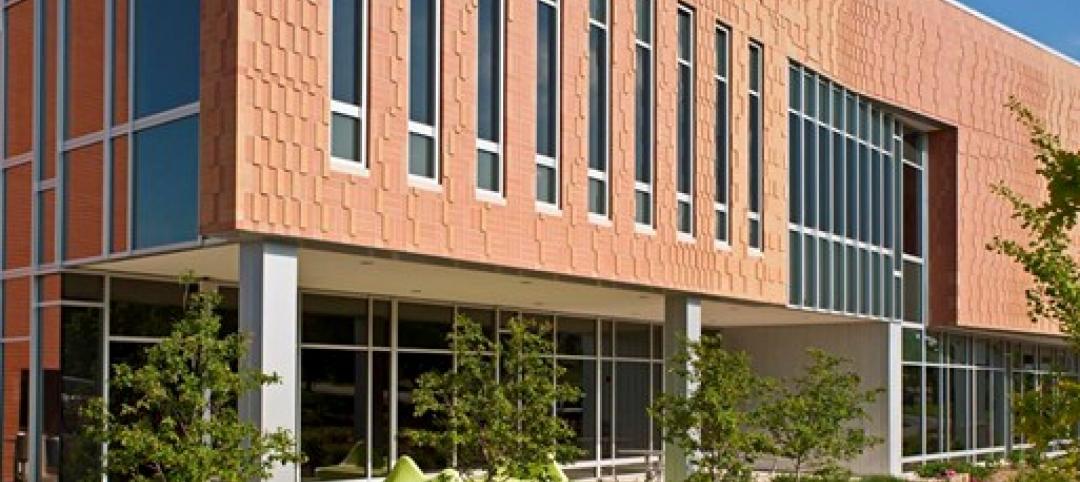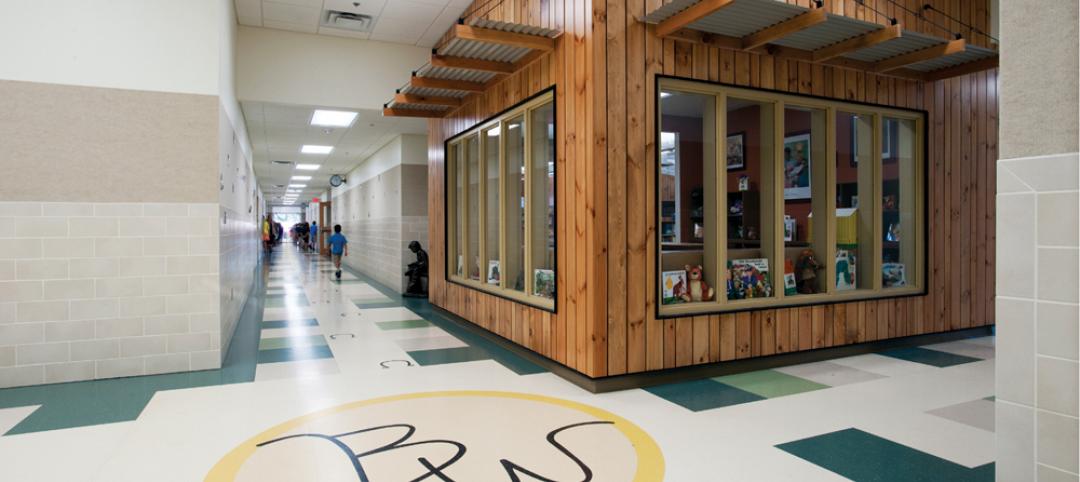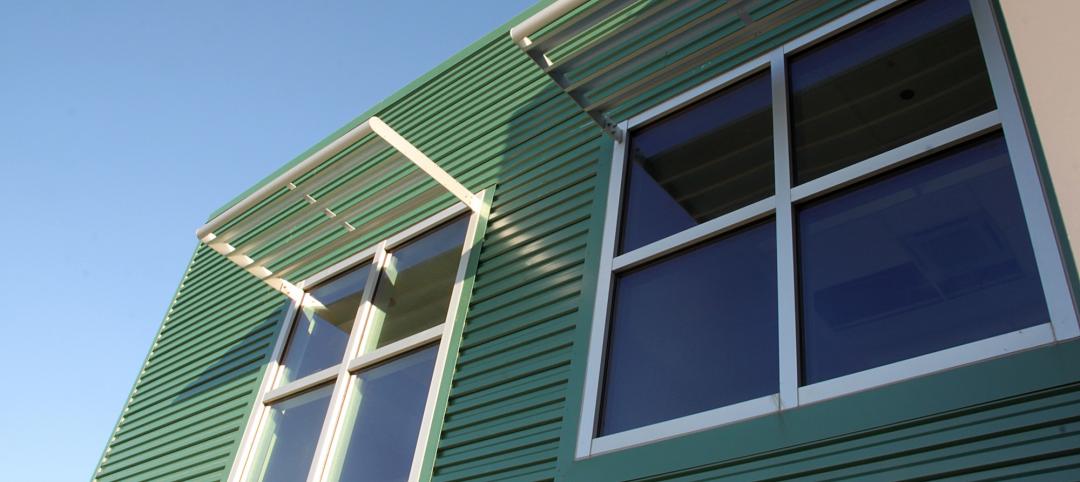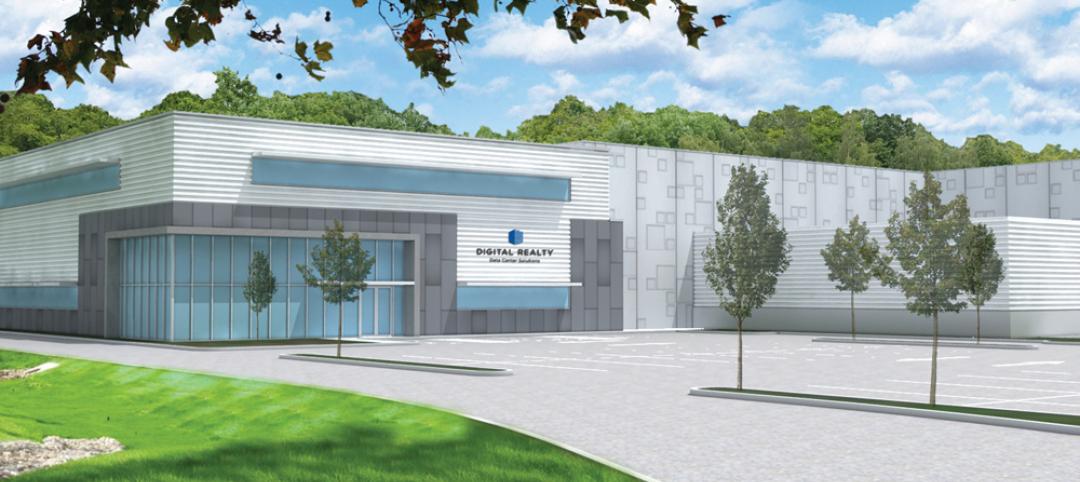The 1,900-acre Port San Antonio campus, immediately south of the country’s seventh-largest city’s downtown, is home to over 80 public- and private-sector companies and 13,000-plus workers in such fields as aerospace, defense, cybersecurity, robotics, and advanced manufacturing. The campus’ annual economic impact exceeds $5 billion.
In 2015, the Port—located at the former Kelly Air Force Base, which closed in 2001—revealed plans to focus its economic development on the goal of creating 5,000 new jobs by 2020. On February 27, the Port’s Board of Directors authorized its CEO Jim Perschback to negotiate development plans with American Triple I Partners to advance its strategic objectives.
The goal is to “leverage our Port’s unique platform and partnerships to physically and virtually connect the region’s large and well-established nature industries with the region’s innovators, and facilitate commerce and collaboration between then—leading to the development of new technologies that also have applications on a national and global scale and, as a result, drive regional economic growth,” reads the “Tech Port San Antonio” proposal that Port San Antonio presented last month.
The initial phases of the predevelopment agreement would support recent expansions by a growing number of cybersecurity firms moving onto the Port’s campus.
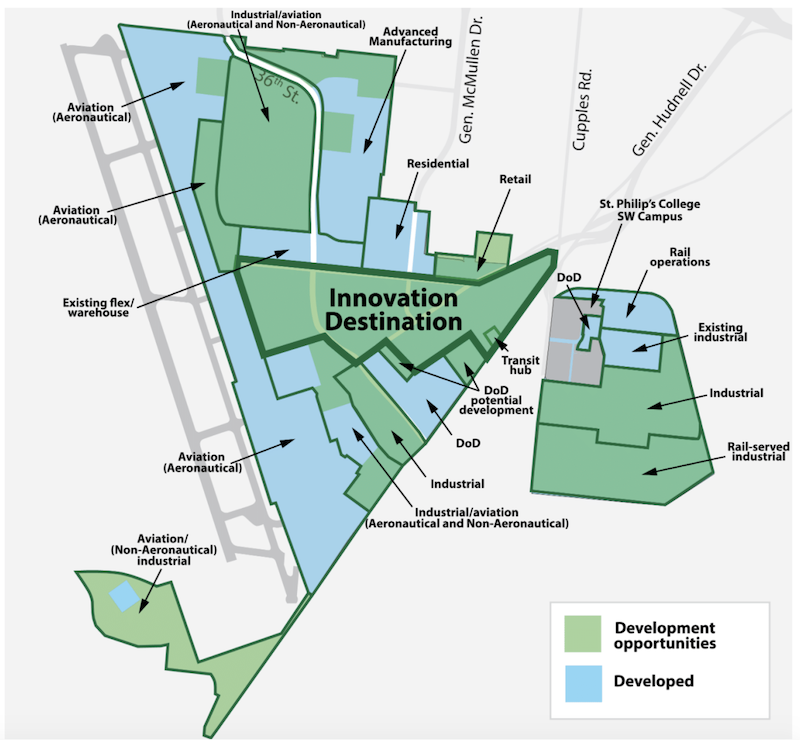
Port San Antonio would convert and enlarge a 130,000-sf industrial facility on its campus for an innovation center and office space for cybersecurity and defense tenants. It would also like to add a space for industrial fabrication. Image: Port San Antonio
The Port is considering a fitout of an existing flexible 130,000-sf industrial facility for an Interim Innovation Showroom and Education Center. The building—which could be expanded to 200,000 sf with the addition of a second floor—would include on its first floor a 36,000-sf 1,500-seat-capacity Technology Arena, a 49,000-sf expansion of the San Antonio Museum of Science and Technology, a 30,000-sf Industry Showroom, and 42,000 sf of coworking and maker spaces.
The predevelopment agreement also envisions150,000-sf of cybersecurity offices for a Security Operations Center, and shared/rentable space for commercial and defense operations, built to meet Sensitive Compartmented Information Facilities (SCIF) standards.
The first building of the complex is already nearly fully leased by cybersecurity company tenants such as CNF Technologies and Lockheed Martin
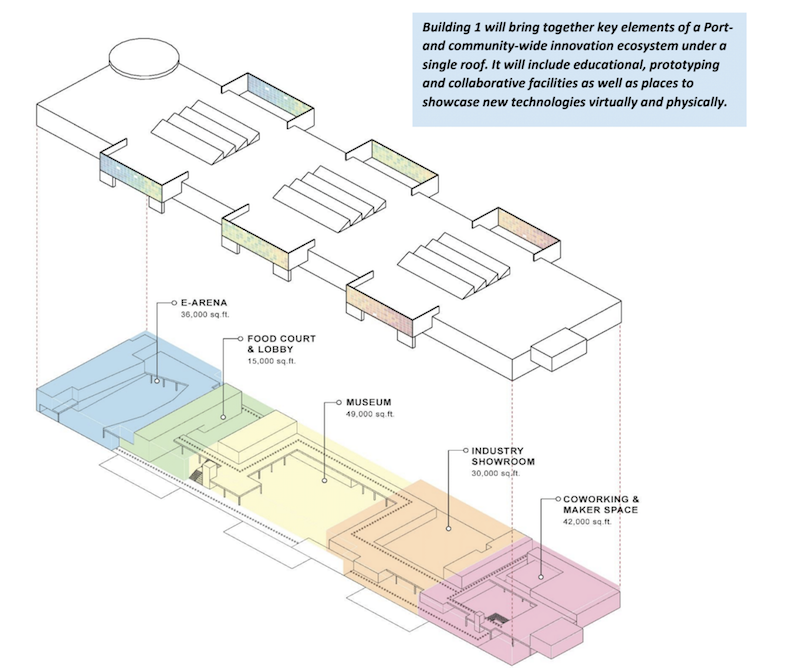
Improvements in one building on campus would add an arena, museum, and coworking space. Image: Port San Antonio
The predevelopment agreement foresees the creation, by 2021, of a 120,000-sf industrial fabrication and laboratory space with about 15,000 sf for open and segmented offices. The remaining, divisible space would offer multiple bays ranging from 20,000 to 50,000 sf. The Port suggests that this building could be located to provide tenants and users with access to the Port’s industrial airport.
The Port plans to pursue the establishment of an “Other Transaction Authority” to facilitate the commercialization of technologies developed through the innovation center and regional innovators, and to provide the government with rapid access to R&D and prototyping.
America Triple I Partners is a New York-based investment advisor focused on infrastructure private equity. Its Chairman and Co-CIO is Henry Cisneros, the former San Antonio mayor who under President Clinton was Secretary of the U.S. Department of Housing and Urban Development He also cofounded CityView, an investment management and development firm dedicated to urban living. American Triple I Partners is affiliated with the investment bank Siebart Cisneros Shank & Co. Its team includes William Thompson, who for eight years was New York City’s Comptroller.
Sundt Infrastructure Development is expected to support the investment group during predevelopment.
Following a 120-day predevelopment period established by the memorandum of understanding, during which additional design and feasibility research will be conducted, the Port and Triple I could formalize separate agreements for phased construction of the two projects.
Related Stories
| Jul 7, 2014
7 emerging design trends in brick buildings
From wild architectural shapes to unique color blends and pattern arrangements, these projects demonstrate the design possibilities of brick.
| Jul 2, 2014
Emerging trends in commercial flooring
Rectangular tiles, digital graphic applications, the resurgence of terrazzo, and product transparency headline today’s commercial flooring trends.
| Jun 30, 2014
Report recommends making infrastructure upgrades a cabinet-level priority
The ASCE estimates that $3.6 trillion must be invested by 2020 to make critically needed upgrades and expansions of national infrastructure—and avoid trillions of dollars in lost business sales, exports, disposable income, and GDP.
Sponsored | | Jun 27, 2014
SAFTI FIRST Now Offers GPX Framing with Sunshade Connectors
For the Doolittle Maintenance Facility, SAFTI FIRST provided 60 minute, fire resistive wall openings in the exterior using SuperLite II-XL 60 insulated with low-e glazing in GPX Framing with a clear anodized finish.
| Jun 18, 2014
Arup uses 3D printing to fabricate one-of-a-kind structural steel components
The firm's research shows that 3D printing has the potential to reduce costs, cut waste, and slash the carbon footprint of the construction sector.
| Jun 16, 2014
6 U.S. cities at the forefront of innovation districts
A new Brookings Institution study records the emergence of “competitive places that are also cool spaces.”
| Jun 12, 2014
Austrian university develops 'inflatable' concrete dome method
Constructing a concrete dome is a costly process, but this may change soon. A team from the Vienna University of Technology has developed a method that allows concrete domes to form with the use of air and steel cables instead of expensive, timber supporting structures.
| May 29, 2014
7 cost-effective ways to make U.S. infrastructure more resilient
Moving critical elements to higher ground and designing for longer lifespans are just some of the ways cities and governments can make infrastructure more resilient to natural disasters and climate change, writes Richard Cavallaro, President of Skanska USA Civil.
| May 26, 2014
New Jersey data centers will manage loads with pods
The two data center facilities totaling almost 430,000 sf for owner Digital Realty Trust will use the company's TK-Flex planning module, allowing for 24 pods.
| May 22, 2014
BIM-driven prototype turns data centers into a kit of parts
Data center design specialist SPARCH creates a modular scheme for solutions provider Digital Realty.



